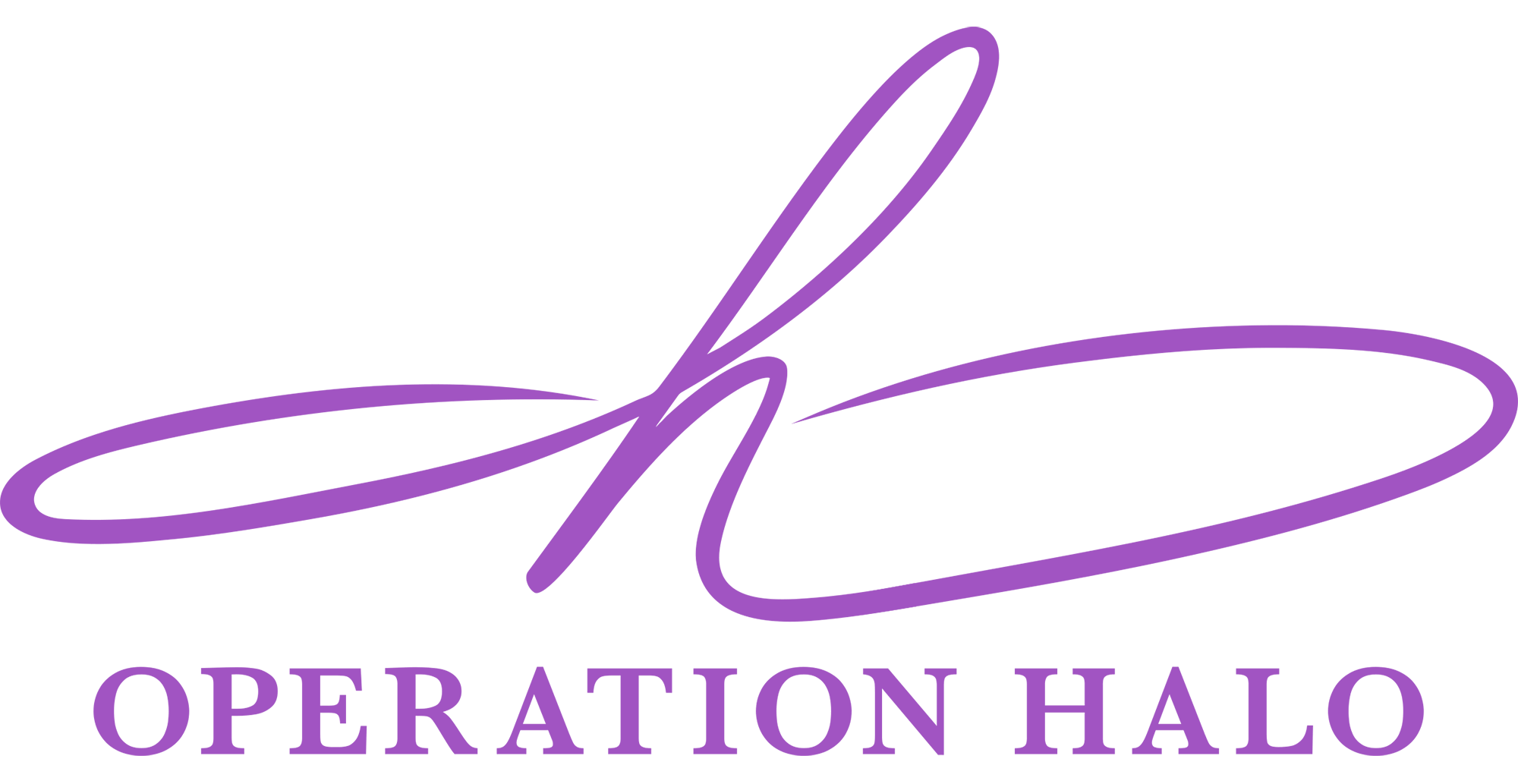Let’s be honest—no one wants to feel paranoid all the time. But staying aware of what’s happening around you isn’t about being scared—it’s about feeling confident and in control. When you know how to spot something sketchy before it happens, you can make smart choices to avoid trouble. And the best part? Anyone can learn this skill with a little practice.
What Is Situational Awareness?
Think of situational awareness like having a built-in radar. It helps you notice when something feels off—like someone acting weird at a party or a car driving too slowly near you. The goal is to catch those signals early so you can get out of the situation before it becomes a problem.
Turn Distractions Into Assets
Phones, music, friends—it’s easy to get distracted. But if you can flip those habits into ways to stay alert, you’ll instantly boost your awareness. Here’s how:
The Gas Station Drill:
Next time you’re pumping gas (or waiting in a car), skip the social media scroll. Instead, casually look around. Who else is there? Is anyone sitting in a car without pumping gas? Use reflections in windows to check behind you without being obvious.
The “Who Was There?” Challenge:
When you leave a public place—like a coffee shop, mall, or school—challenge yourself to remember three details: Who was nearby? What did the cashier or staff member look like? Did they have any piercings or tattoos? Did anyone seem nervous or out of place? This habit helps sharpen your memory and makes it easier to notice when something doesn’t feel right.
What Can Kill Your Awareness?
The biggest threat to your awareness? Distractions. And yep—phones are the number one culprit. Ever cross a street while texting or scroll TikTok while walking through a parking lot? That’s like wearing a “Please Notice Me” sign. If you need music, try bone-conducting headphones—they keep your ears open while still delivering your playlist. And curate your playlist before you leave a safe area, like your locked car.
Another problem is getting stuck in routine. Taking the same route home every day can put you on autopilot, making it easy to miss unusual things. Try switching it up—walk a different way, park in a new spot, or even take a different entrance.
Using Self-Defense Tools the Right Way
When it comes to staying safe, teens have access to tools that fit right into their daily lives. For example:
- Safety Apps / Trackers: Use tools like location-sharing apps that let trusted friends and family know where you are.
- Emergency Contacts: Set up emergency contacts on your phone so help is just a tap away.
- Keychain Alarm or Whistle: Carry a loud keychain alarm or whistle to draw attention if you need help.
- No Tools? Your best defense is staying aware of your surroundings and knowing how to quickly create distance from a threat.
Make sure you know how to use these tools quickly and confidently, so you can act fast when it matters.
Situational awareness isn’t something you think about once—it’s a daily habit. Luckily, it’s easy to build into your routine. Here’s some examples:
- Before Getting in Your Car: Quick scan of the parking lot and a peek in the backseat.
- Entering a Store: Notice who’s near the entrance and who’s shopping inside.
- Waiting in Line: Check out people’s body language—someone fidgeting or avoiding eye contact might be nervous or hiding something.
Think of these habits like leveling up your awareness skills—the more you practice, the sharper your instincts get. And if you catch yourself zoning out? No stress—just refocus and keep going. Even the most experienced security professionals make mistakes or have temporary lapses in judgement. The most important part is adapting to get back on track and quickly determining if you missed anything crucial to your safety.
The Bottom Line
Being aware doesn’t mean living in fear—it means knowing you can handle yourself. It’s about trusting your gut, noticing when something feels wrong, and knowing how to act. So start practicing now. Because when the moment comes, you won’t freeze—you’ll be ready.
Want more ways to practice your situational awareness skills? Check out our free Situational Awareness 101 course on our website!

